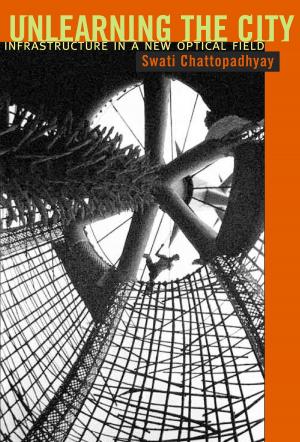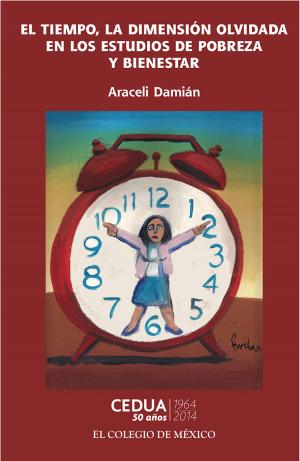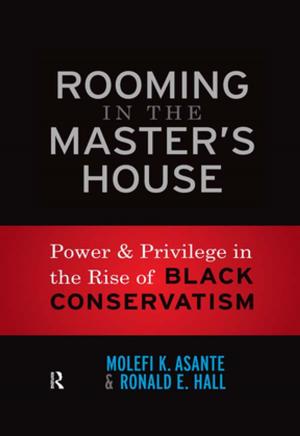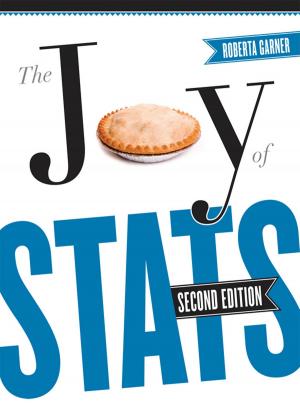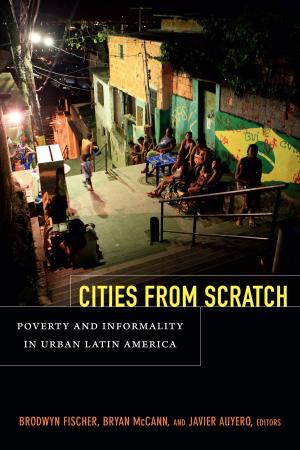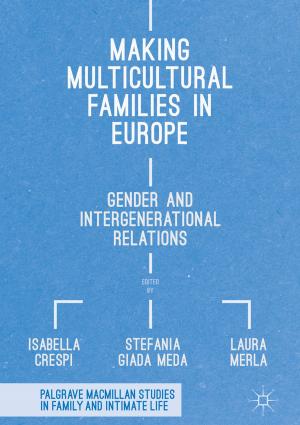Secrets: A Story of Addiction, Grief & Healing
A Story of Addiction, Grief & Healing
Nonfiction, Family & Relationships, Family Relationships, Death/Grief/Bereavement, Social & Cultural Studies, Social Science, Sociology| Author: | Ann P. Bennett, Ann P. Bennett-Cookson | ISBN: | 9781732258907 |
| Publisher: | Forget Me Not Publishing | Publication: | May 1, 2018 |
| Imprint: | Forget Me Not Publishing | Language: | English |
| Author: | Ann P. Bennett, Ann P. Bennett-Cookson |
| ISBN: | 9781732258907 |
| Publisher: | Forget Me Not Publishing |
| Publication: | May 1, 2018 |
| Imprint: | Forget Me Not Publishing |
| Language: | English |
Introduction to Secrets: A Story of Addiction, Grief & Healing
* *
Highly educated individuals with doctorates publish papers full of information, facts, and figures, explaining reasons for addiction. It is often good information extensively researched and properly cited. I do not have a Ph.D. or a doctorate. I am simply one who loves to teach, write, and more importantly, a mom who loves her family. I majored in motherhood. I minored in English.
* *
Sadly, I lost something most dear to my heart, my daughter’s voice. I only hear her voice as echoes in my mind, and as I read her journals. Her journals are full of her—her voice, worries, goals, sadness, hopes, desires, disappointments, happiness and love. Her writing identified her feelings, but they do not clearly define her as a person because her life was so much more. How to define, articulate her essence, her multi-dimensional personality?
* *
In writing this story, I used words and prose that allow the reader to peer into the looking glass, perhaps to see beyond themselves to what lurks in the background of the human soul. How special each of us really is. We all deserve to be loved and to be recognized for the good we do, for the difference we make by just being.
* *
The writing of this story has been incredibly difficult. I was told that I was terribly hard on myself. Well, the truth is not always pretty. But accepting the truth as a means to better understand one’s environment and to move forward can be healing. It is not easy. Healing takes time. It can be painful. It is often long and arduous. Sometimes, the nearly healed wound is reinjured, the scab is torn loose, exposing the tender flesh beneath. It may ooze again for a time, but then the healing begins again. Grief can be like that. A year has passed; a year of grief, healing, learning, better understanding addiction.
* *
The road leading to addiction and the reasons one succumbs to substance use disorder is long and winding. Addiction is complex and those who struggle with it usually face other mental health challenges too. They struggle with loss, loneliness, pain, and emptiness. They long for fulfillment. They feel misunderstood, misjudged, stigmatized, unloved. These voids must be filled. The human spirit demands it.
* *
Society is quick to formulate judgments toward those struggling with addiction. However, is addiction a choice? Is mental illness a choice? Everyone’s story is different. I can only share mine. The effects of addiction ripple out, washing over everyone in some manner or form. Like many, I originally thought substance use was a choice, a deficit in one’s moral code, a weakness that one should be able to control. Why must tragedy occur to inspire illumination?
* *
As I began to write, my inner eye became focused, intent on rediscovering Sarah. The Sarah I knew as a child had long ago morphed into an adult I did not recognize or understand. I blamed myself. Where did I go wrong? In how many ways did we fail her as her parents? I wanted to understand. Will sharing my story allow others to more easily identify the symptoms of addiction and to recognize addiction as a disease? I hope so. That is why I am breaking the silence, using Sarah’s voice, as well as my own with a clear objective: To de-stigmatize addiction.
* *
Can we work towards removing the fear and the terrifying stigmatization attached to addiction and try something different? Let us direct positive energies toward these struggling souls. Rather than projecting fear and judgment, what would happen if society projected understanding, empathy, compassion, and acceptance? Acceptance that they have an illness, not just addiction, but often, buried beneath the surface, acute sadness, and unresolved conflict.
* *
As society begins to remove the stigma of addiction, boundaries to seeking recovery will lessen, improving the odds of recovery, decreasing the risk of death by overdose. Sarah’s death must not be an ending—let it be a beginning towards understanding, acceptance, and empathy.
Introduction to Secrets: A Story of Addiction, Grief & Healing
* *
Highly educated individuals with doctorates publish papers full of information, facts, and figures, explaining reasons for addiction. It is often good information extensively researched and properly cited. I do not have a Ph.D. or a doctorate. I am simply one who loves to teach, write, and more importantly, a mom who loves her family. I majored in motherhood. I minored in English.
* *
Sadly, I lost something most dear to my heart, my daughter’s voice. I only hear her voice as echoes in my mind, and as I read her journals. Her journals are full of her—her voice, worries, goals, sadness, hopes, desires, disappointments, happiness and love. Her writing identified her feelings, but they do not clearly define her as a person because her life was so much more. How to define, articulate her essence, her multi-dimensional personality?
* *
In writing this story, I used words and prose that allow the reader to peer into the looking glass, perhaps to see beyond themselves to what lurks in the background of the human soul. How special each of us really is. We all deserve to be loved and to be recognized for the good we do, for the difference we make by just being.
* *
The writing of this story has been incredibly difficult. I was told that I was terribly hard on myself. Well, the truth is not always pretty. But accepting the truth as a means to better understand one’s environment and to move forward can be healing. It is not easy. Healing takes time. It can be painful. It is often long and arduous. Sometimes, the nearly healed wound is reinjured, the scab is torn loose, exposing the tender flesh beneath. It may ooze again for a time, but then the healing begins again. Grief can be like that. A year has passed; a year of grief, healing, learning, better understanding addiction.
* *
The road leading to addiction and the reasons one succumbs to substance use disorder is long and winding. Addiction is complex and those who struggle with it usually face other mental health challenges too. They struggle with loss, loneliness, pain, and emptiness. They long for fulfillment. They feel misunderstood, misjudged, stigmatized, unloved. These voids must be filled. The human spirit demands it.
* *
Society is quick to formulate judgments toward those struggling with addiction. However, is addiction a choice? Is mental illness a choice? Everyone’s story is different. I can only share mine. The effects of addiction ripple out, washing over everyone in some manner or form. Like many, I originally thought substance use was a choice, a deficit in one’s moral code, a weakness that one should be able to control. Why must tragedy occur to inspire illumination?
* *
As I began to write, my inner eye became focused, intent on rediscovering Sarah. The Sarah I knew as a child had long ago morphed into an adult I did not recognize or understand. I blamed myself. Where did I go wrong? In how many ways did we fail her as her parents? I wanted to understand. Will sharing my story allow others to more easily identify the symptoms of addiction and to recognize addiction as a disease? I hope so. That is why I am breaking the silence, using Sarah’s voice, as well as my own with a clear objective: To de-stigmatize addiction.
* *
Can we work towards removing the fear and the terrifying stigmatization attached to addiction and try something different? Let us direct positive energies toward these struggling souls. Rather than projecting fear and judgment, what would happen if society projected understanding, empathy, compassion, and acceptance? Acceptance that they have an illness, not just addiction, but often, buried beneath the surface, acute sadness, and unresolved conflict.
* *
As society begins to remove the stigma of addiction, boundaries to seeking recovery will lessen, improving the odds of recovery, decreasing the risk of death by overdose. Sarah’s death must not be an ending—let it be a beginning towards understanding, acceptance, and empathy.


